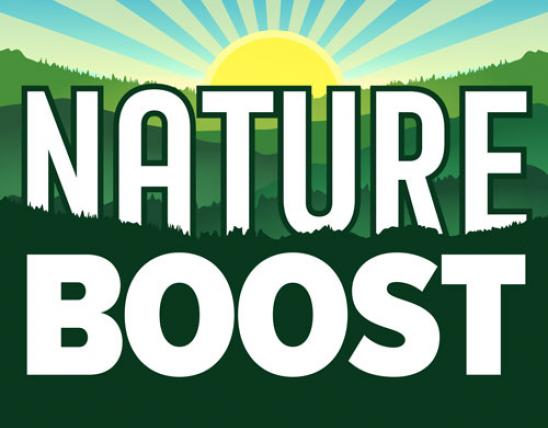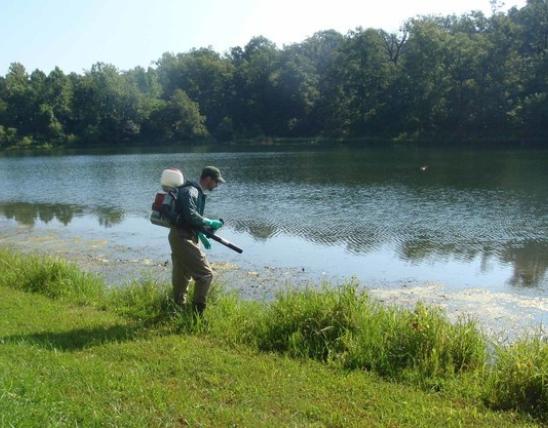The variety of habitats in our state gives Missouri an amazing diversity of plants and animals. While we may enjoy going outside and experiencing nature through fishing, birdwatching, hunting, hiking, and other activities, nature provides benefits far beyond recreation.
Individual species and their habitats interact and function together as one system (ecosystem). Healthy ecosystems provide us with important environmental services we all depend on. The services include:
that nature provides.
- Clean air and water
- Flood protection
- Pollination and food production
- Medicine
- Carbon storage
- Building materials
- Ecotourism
- Stress relief
Nature does all this — and more — for free! When ecosystems (habitats and the species within them) are healthy, we benefit. Healthy ecosystems support a large variety of species, which is called biodiversity.
Every living thing in an ecosystem plays an important role.
- Tree roots absorb water, prevent erosion, and filter pollutants.
- The leaves of plants remove pollutants from the air, create oxygen, and convert sunlight into sugars (the basis of all food).
- Bees, butterflies, and other insects, as well as birds and bats, pollinate our food and other plants.
- Fungi, beetles, and bacteria break down dead leaves and dead trees into soil.
- Worms and moles aerate soil.
- Snakes and owls eat rats and mice.
- Vultures, opossums, and other scavengers keep our environment clean by eating dead animals, which keeps diseases from spreading and aids in limiting fly reproduction.
And the list goes on. Many Missouri species need large areas of healthy, connected habitat to survive and maintain a genetically strong population. Thus, development and habitat loss are among the greatest pressures faced by individual animals and their populations at large.
But we can stop or reduce species declines by taking action now. Acting now is not only sensible but more cost efficient than taking emergency actions after a species is in trouble.
That’s why MDC is taking proactive measures to protect and improve habitats throughout our state. With the help of our partners and private landowners, we can contribute to the long-term welfare of both people and wildlife by ensuring that Missouri has healthy, functioning ecosystems for ages to come.
Full details about MDC’s work and focus on habitats and species around the state can be found in the State Wildlife Action Plan and the Terrestrial Natural Communities of Missouri page below.























